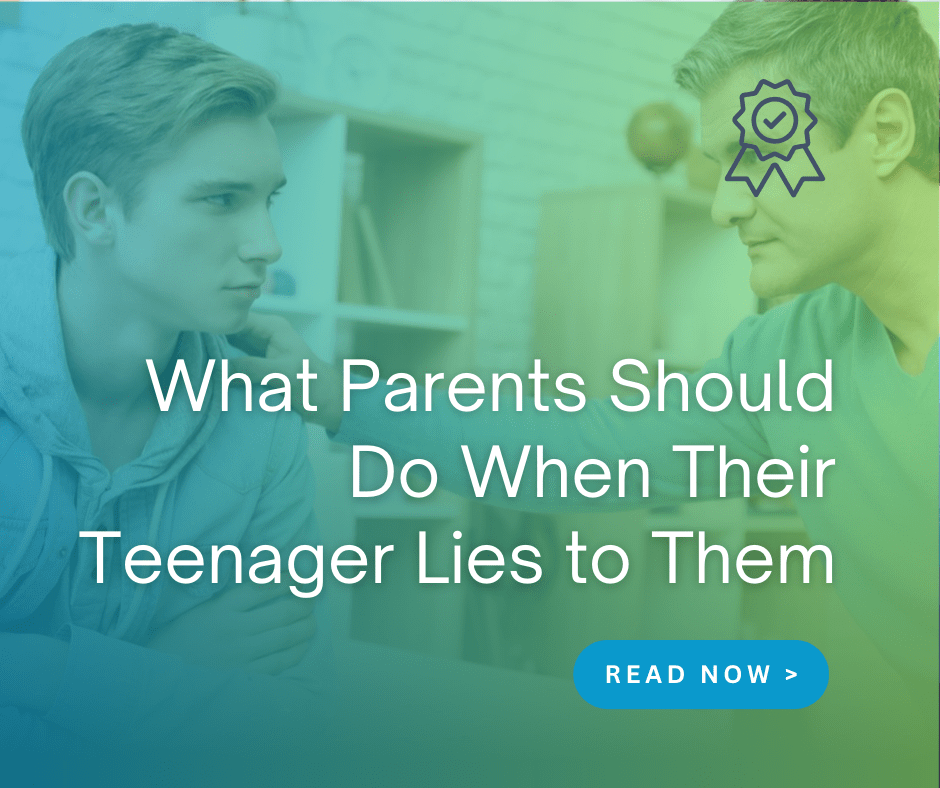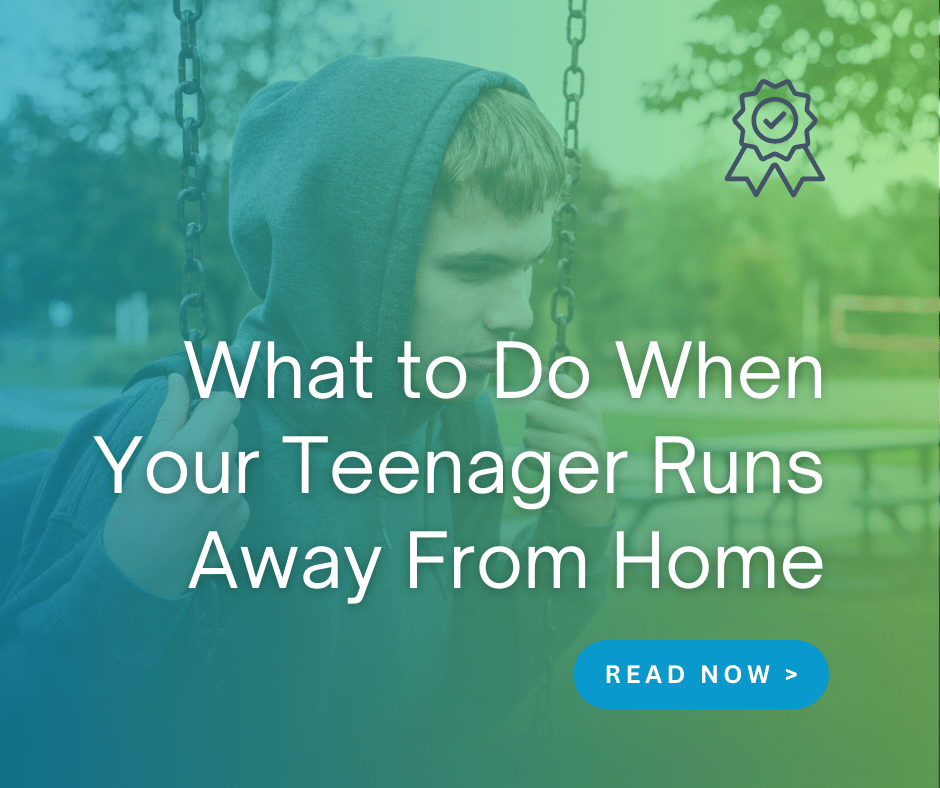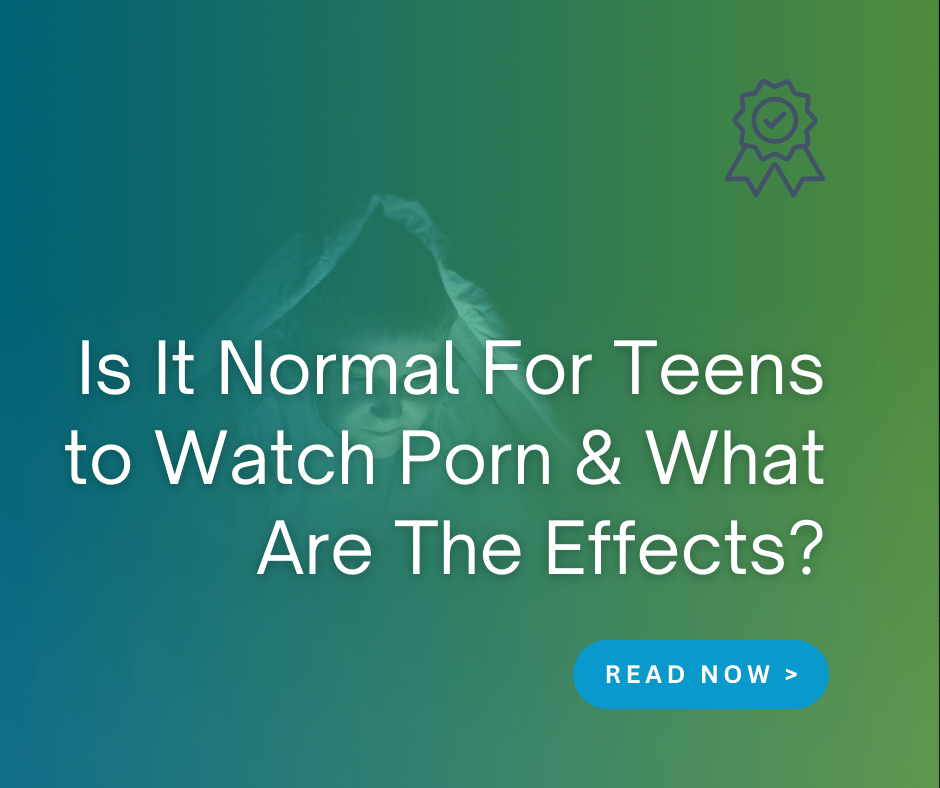If you’ve been diagnosed with a mental health or behavioral issue, you might be on medication. Adhering to your medication regimen daily is an achievement. You know that medication will help you feel better, so you’re doing your job in the recovery process.
However, many medications come with side effects. Whether you’re on antidepressants, anti-anxiety, ADHD, or other medication, you might be experiencing one or more unpleasant symptoms. For example, you might get nauseous whenever you take your medication, and may even vomit. You may lose your appetite and/or have diarrhea. Some medications also cause you to feel drowsy, dizzy, nervous, or agitated. You may be wondering, “Why does medicine make me feel worse?”
Other possible medication side effects include:
- Sleep problems
- Dry mouth
- Headaches
- Blurred vision
- Restlessness
- Increased heart rate
- Increased blood pressure
- Sexual problems
- Weight loss or gain
- Fever
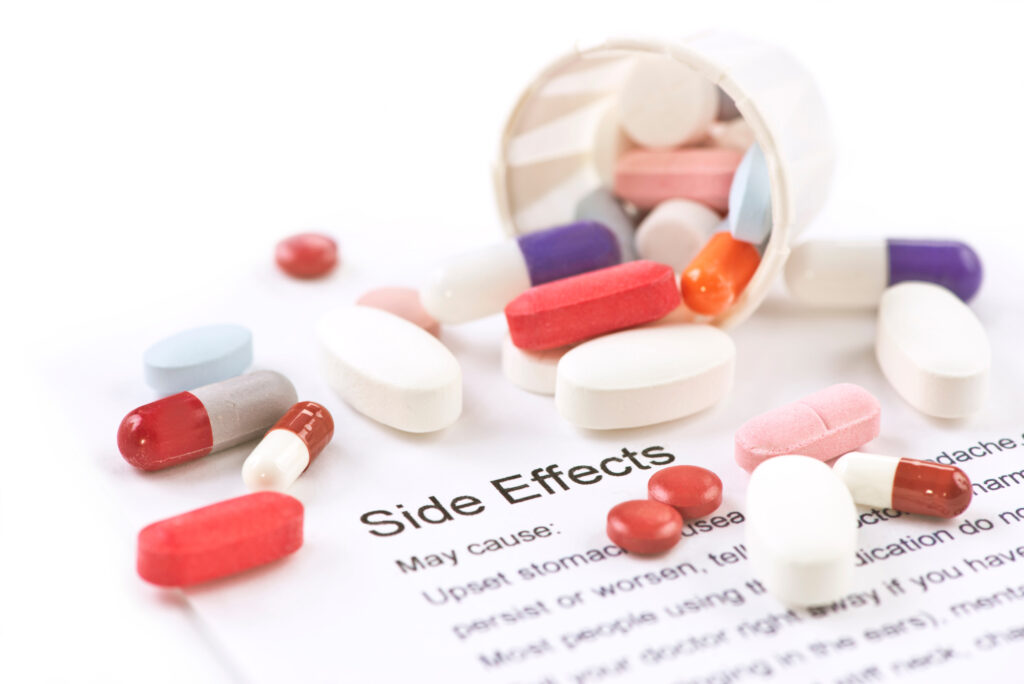
When You Don’t Like Medication Side Effects
Unfortunately, many teens stop taking their medication because they don’t like how it makes them feel. The side effects can hamper their daily activities. For example, it’s difficult (and unsafe) to go out with friends, let alone drive, when you have blurred vision. It’s hard to eat when you don’t have an appetite. And it’s confusing to feel like, “Anxiety meds make me feel weird.” This all leads to medication nonadherence.
In fact, one study found that almost 68% of children taking medicine for their ADHD stop by age 15 (Wolraich, 2005). Many adolescents cited loss of appetite as an adverse effect of the medication.
However, there are other alternatives. If you’re getting uncomfortable medication side effects, your doctor may be able to help reduce or eliminate these symptoms.
Why Does My Anxiety Medication Make Me Feel Weird?
Medicine can sometimes worsen symptoms: what works well for one person might not suit another because of genetic factors or underlying health conditions. Other times, medication interactions are the problem—one drug can exacerbate the side effects of another. Improper dosage or administration errors can also lead to bad reactions. Sometimes, the body just needs time to adjust to a new medication, causing temporary discomfort. It’s important to talk with your doctor to make sure your medication regimen is tailored to you, and that you closely monitor any negative medication side effects.
Why Doesn’t Medication Work for Me?
Medication may not work for you for any number of reasons. Genetic variations can influence how our bodies metabolize drugs, affecting their efficacy, or underlying health conditions or physiological differences may render certain medications ineffective. Lifestyle factors like diet, exercise, and stress levels also play a part in medication response. In some cases, incorrect diagnosis or mismanagement of dosage can lead to treatment failure. If your medication isn’t working out, let your doctor know. You may be able to switch to something that works better.
How Can I Stop Feeling Jittery from Medication?
Talk to your doctor for possible dose adjustments. Relaxation techniques like deep breathing or yoga might help soothe your nervous system. And don’t forget the importance of sleep and a balanced diet. Steer clear of stimulants such as caffeine, which can intensify jitteriness. Lifestyle changes, alongside professional advice, can significantly mitigate these uncomfortable and jittery sensations. You can also reach out to your doctor about the potential alternatives you can try to help with any jittery feelings from your medication.
Trying Alternatives
For example, getting nauseous is common while taking an SSRI (selective serotonin reuptake inhibitor). If that’s the case with you, your doctor may give you some advice on ways to take the medication to reduce your nausea. For example, he might tell you to take the medicine right before you go to sleep. Or eat smaller meals, more frequently. He may instruct you to take Pepto-Bismol or other antacids, or even give you anti-nausea medication like Zofran.
In certain situations, he may decide to alter your dosage or prescribe a slow-release form of your antidepressant.
If your medication is really giving you a hard time, your psychiatrist may decide to try a different one. For example, if you’re on fluoxetine (Prozac), your doctor may suggest citalopram (Celexa) or escitalopram (Lexapro). Even if you can’t tolerate one of them, you may have better chances with another.
Or, your doctor may decide to try another class of drugs. Atypical antidepressants like Wellbutrin, Cymbalta, and Effexor have milder side effects than most SSRIs, which is why some doctors choose to prescribe them.
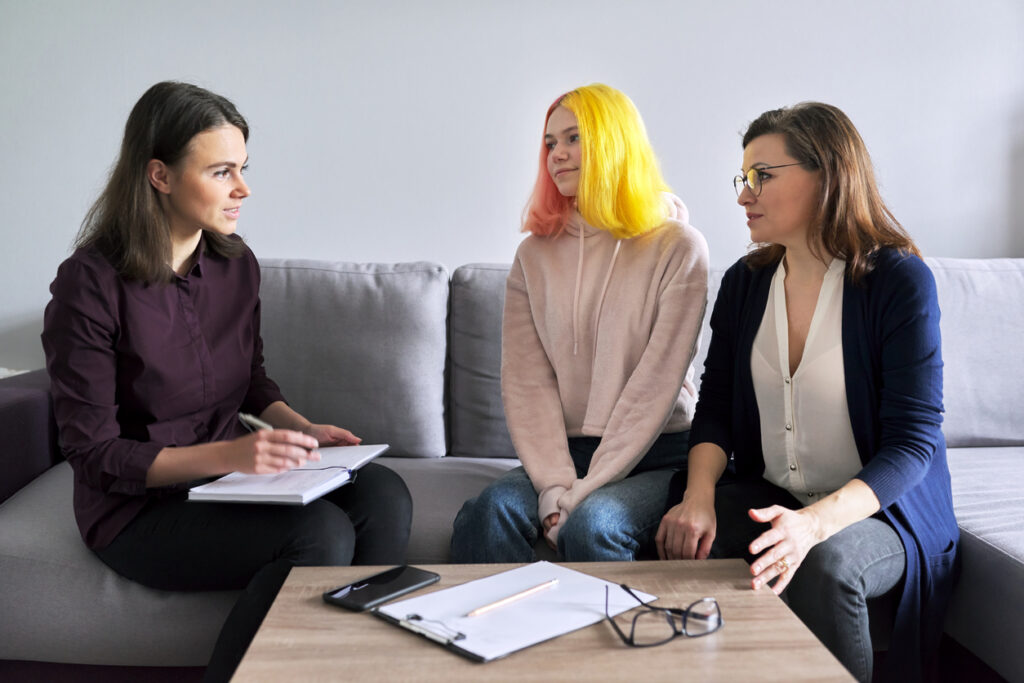
Keep Taking Your Medication Unless Instructed Not To
Don’t stop taking your medication until you speak to your doctor. Quitting any medication early—meaning, before the prescribed date—needs to be a decision made together with your psychiatrist.
Keep in mind that many side effects can get better over time. Sometimes, starting a medication may give you unpleasant reactions, but as your body gets used to it, the side-effects may ease up.
It’s also helpful to think of the bigger picture here—the reason why you’re taking the medication to begin with! In most cases, teens have the best chance of recovery from depression, anxiety, and other mental health/behavioral issues when they take medication along with psychotherapy (like Dialectical Behavior Therapy or Cognitive Behavior Therapy).

Medication Works
Research proves that medication is effective for many teen mental health disorders. For example, the Child Mind Institute’s 2017 Children’s Mental Health Report cited one study on 439 teens with clinical depression. Only about 43% showed improvement in psychotherapy alone. Taking medication by itself resulted in a higher rate—60%—but the best rate of success was when teens had a combination of psychotherapy and antidepressants. In that group, the rate of success was a whopping 71%!
Another study (Walkup, 2008) showed the same effects for anxiety. While 60% of adolescents saw their anxiety improve through CBT alone, and 55% improved after medication alone, 81% of teens showed reduced anxiety when combining CBT and medication. (In this case, the medication used was an SSRI, Sertraline—known under the brand name Zoloft.)
ADHD stimulants also work. Research examined how the rate of adherence to Ritalin in teens with ADHD has a direct correlation with the improvement of their symptoms. At 5 years, teens who followed their medication regiment faithfully showed greater improvement in their symptoms, according to their teachers at school, than teens who were lax about their medication or were off medication totally.
In summary: Your long-term recovery from anxiety, depression, or behavioral issues may be worth the temporary unpleasantness you’re feeling now.
Frequently Asked Questions About Medication Side Effects
What are medication side effects?
Medication side effects are unintended and often undesirable effects that occur as a result of taking medication. These effects may vary in severity and can impact different parts of the body or aspects of health. They may be different for every person, even though they’re taking the same medication.
Why do medications have side effects?
Medications can have side effects due to their pharmacological effects on the body. Some side effects are intended and aren’t necessarily negative. For example, feeling less nauseous is a side effect of taking anti-nausea medication. However, negative side effects may occur due to interactions with other substances, individual differences in metabolism, or underlying health conditions.
What are the common side effects of medications?
Common negative side effects of medications may include nausea, drowsiness, dizziness, headache, dry mouth, gastrointestinal upset, changes in appetite, fatigue, and allergic reactions such as rash or itching. The specific side effects can vary depending on the type of medication and individual factors.
How can I minimize the risk of medication side effects?
To minimize the risk of medication side effects, it’s important to take medications as prescribed by a healthcare professional and to follow their instructions carefully. Be sure to inform your healthcare provider about any allergies, medical conditions, or other medications you’re taking. Additionally, avoid alcohol, tobacco, and recreational drugs that may interact with your medication.
When should I seek medical attention for medication side effects?
You should seek medical attention if you experience severe or persistent side effects, symptoms of an allergic reaction (such as difficulty breathing or swelling of the face, lips, or throat), or any other concerning symptoms that you believe may be related to your medication.
What should I do if I experience medication side effects?
If you experience medication side effects, contact your healthcare provider for guidance. They may recommend adjusting your dosage, switching to a different medication, or providing additional treatment to manage your symptoms. Do not stop taking your medication without consulting your healthcare provider first.
Can medication side effects be serious?
Yes, some medication side effects can be serious or even life-threatening. These may include severe allergic reactions, liver or kidney damage, blood clots, heart rhythm disturbances, and others. It’s essential to be aware of potential side effects and to report any unusual or concerning symptoms to your healthcare provider promptly.
Are medication side effects permanent?
In many cases, medication side effects are temporary and resolve once the medication is discontinued or adjusted. However, some side effects may persist or require ongoing management, particularly in cases where the medication is used long-term or for chronic conditions.
Can I prevent medication side effects?
While it’s not always possible to prevent medication side effects entirely, there are steps you can take to minimize their likelihood and severity. These include following your healthcare provider’s instructions, staying informed about your medications, monitoring your symptoms closely, and seeking prompt medical attention if you experience any concerns.








